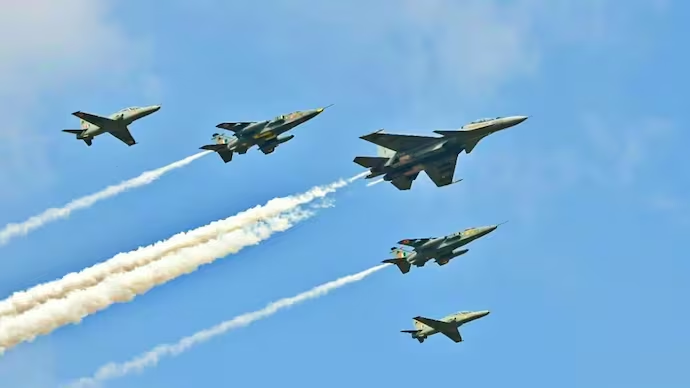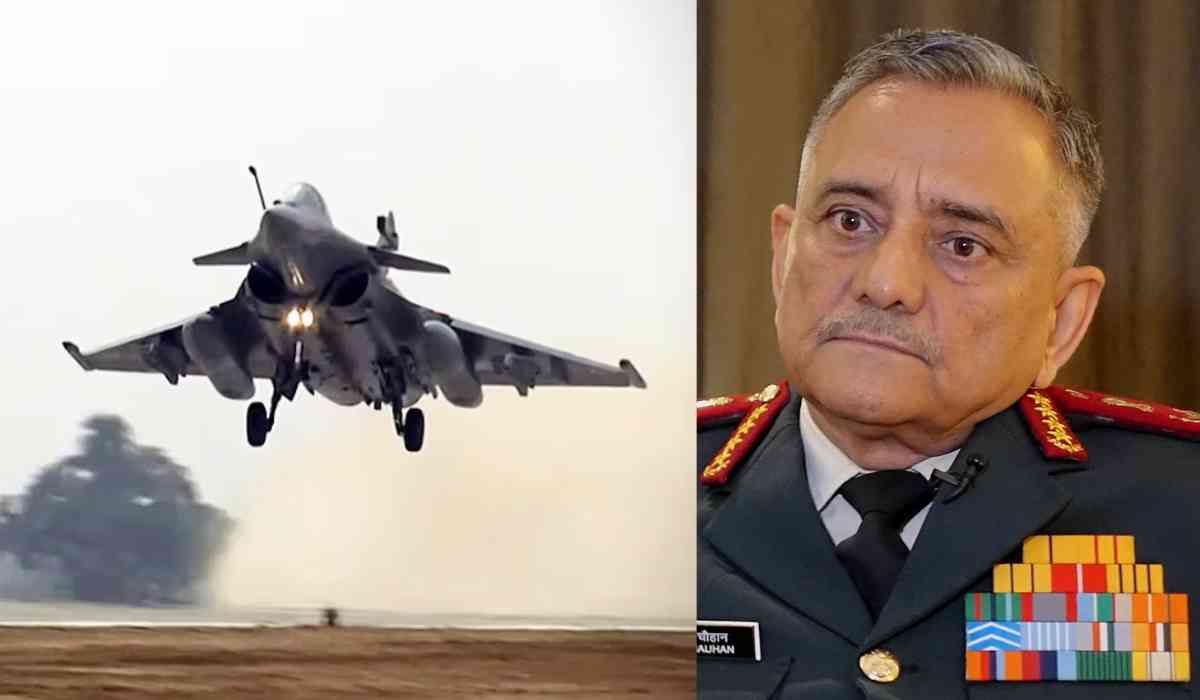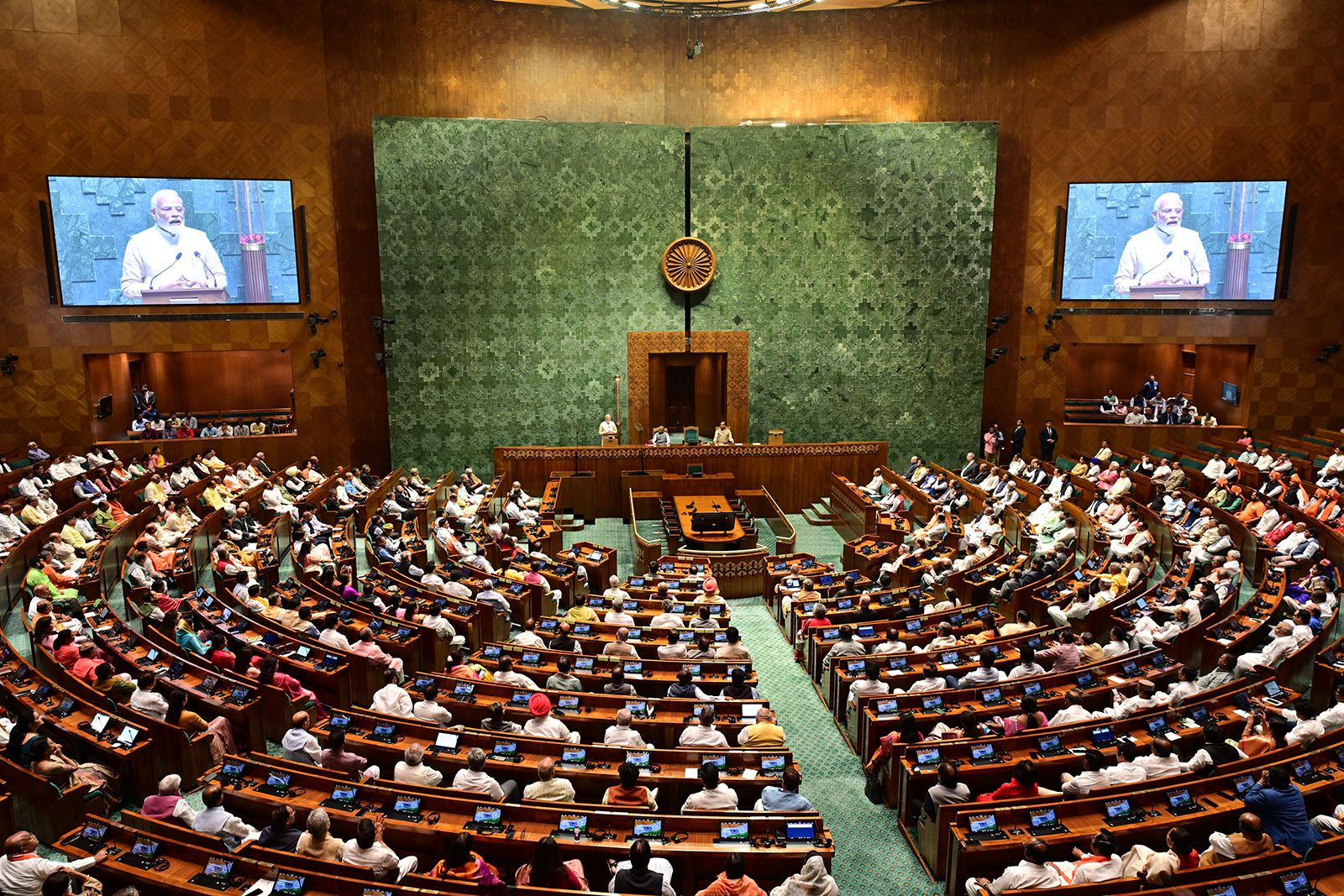New Delhi, June 30, 2025 – A senior Indian Navy officer, Captain Shiv Kumar, who currently serves as India’s defence attaché in Indonesia, said that the Indian Air Force (IAF) lost fighter jets during Operation Sindoor on May 7 because the government instructed them not to attack military or air defence sites in Pakistan. His words have sparked debate—and the Indian Embassy in Jakarta quickly said his remarks were taken out of context.

What Captain Kumar Said
-
Restrictions imposed: At a seminar in Jakarta on June 10, Captain Kumar admitted, “we did lose some aircraft … only because of the constraint given by the political leadership to not attack the military establishment or their air defences”.
-
Losses mentioned: Though he disagreed with claims of five jets lost, he confirmed some fighter aircraft were downed by Pakistan on May 7 .
-
Tactical changes: After these losses, the IAF shifted its strategy—targeting military sites, suppressing air defences, and using long-range missiles like BrahMos. This reportedly allowed them to regain air dominance over Pakistan by May 8–10.
Government’s Response
-
Clarifying context: India’s embassy in Jakarta clarified that Captain Kumar’s remarks were “quoted out of context.” The message emphasized that the presentation aimed to show how civilian political control ensured a non-escalatory military response focused on terrorist infrastructure, not military targets .
-
Civilian oversight highlighted: The embassy also explained that the point was to show the IAF operates under democratic governance, unlike some neighbours, and strictly followed political directions during the operation .
Political Fallout
-
Opposition reaction: Members of the Congress party, including Jairam Ramesh and Pawan Khera, accused the government of misleading the nation. They have demanded transparency in Parliament, including a possible special session to discuss the matter.
-
Government stance: Meanwhile, the Bharatiya Janata Party (BJP) defended the operation, stating that India acted in a swift and precise manner. There's also a defence ministry statement saying losses are part of combat but goals were achieved.
The Wider Military View
-
CDS confirmation: In late May during a Singapore press briefing, Chief of Defence Staff General Anil Chauhan acknowledged early losses due to tactical choices—but stressed that understanding why jets were lost matters more than the exact number.
-
Context of modern warfare: Experts and a former army officer advised against fixating on loss numbers. They pointed out that modern air combat—like in US, Russian, or Israeli operations—often involves jet losses, but what counts is whether missions meet strategic goals.
Why This Matters
-
Civilian control vs military freedom: The incident highlights how political choices can shape military actions. Civilian leaders may limit military targets to prevent escalation—especially in tensions involving nuclear-armed neighbours.
-
Tactical risk vs strategic success: Initially avoiding military targets exposed the IAF to higher risk. When tactics shifted to include suppression of enemy defences, the IAF regained control and met its objectives.
-
Balancing transparency and security: Citizens expect clarity on military operations, but disclosing too much can reveal sensitive tactics. There's always a delicate balance between the two.
Summing Up
Operation Sindoor began as a focused strike on terror camps inside Pakistan on May 7. Early losses of Indian jets reportedly happened under political restrictions guarding against escalation. Once military targets were included, the IAF regained dominance.
-
Foreign attaché: Captain Kumar confirmed losses, citing political limits.
-
Government rebuke: Embassy insisted context was misrepresented.
-
Opposition push: Congress demands full transparency.
-
Military experts: Frame losses as part of modern warfare strategy.
Ultimately, Operation Sindoor achieved its stated aim—striking terrorist infrastructure—with military operations guided by both political caution and strategic recalibration.
This continues to be a living story. The conversation on the balance between civilian control, military autonomy, transparency, and national security is far from over.
With inputs from agencies
Image Source: Multiple agencies
© Copyright 2025. All Rights Reserved Powered by Vygr Media.
























